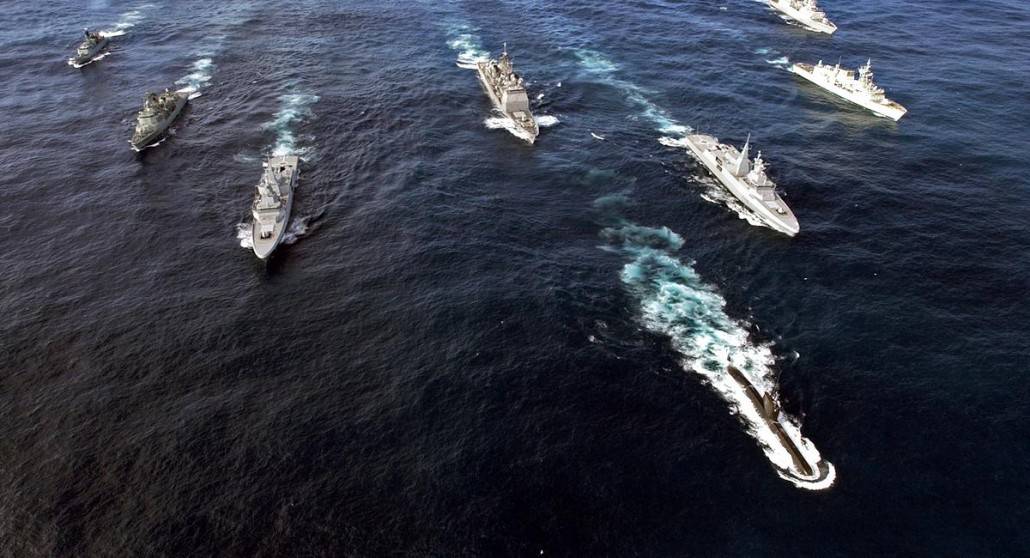The Arms Procurement Commission, also known as the Seriti Commission, submitted its final report covering four years of proceedings, just before the end of 2015. The deadline for the report’s submission was 31 December 2015, and the commission filed it on the 30th.
At the start hopes were high that together, the witnesses would finally prove their long-standing allegations of corruption into South Africa’s controversial and pricey arms procurement deal. Those initial high hopes were slowly eroded over the period of the commission’s existence, especially during the two-year hearings phase. Accusations of unfair treatment and lack of commitment on the commission’s part eventually led to the withdrawal of prominent arms deal critics Andrew Feinstein, Paul Holden and Hennie van Vuuren, who had supported the commission up till then and were hoping to finally present a convincing case.
To date there is no indication of when the report will be released, despite the fact that President Jacob Zuma has had it for almost three months already.
The Right2Know Campaign has called for the immediate release of the document, but is not optimistic of that outcome. “Mounting concerns at the commission’s deeply flawed process leave little hope that the commission will get to the bottom of widespread allegations of corruption in the arms deal,” said the campaign’s spokesperson, Busi Mtabane.
Millions in salaries
The commission cost over R113-million of taxpayers’ money. A November 2015 report in Sowetan revealed that of this, R73-million was paid to evidence leaders, among them Advocate Simon Lebala, who reportedly earned R12.3-million while the commission was active. Several others earned millions, including Tshepo Sibeko, Matshego Ramagaga, Tayob Aboobaker and Phumlani Ngobese.
Speaking to Afrikaans newspaper Beeld, arms deal critic Hennie van Vuuren said the commission was a waste of money. “I find it shocking that a handful of people became rich as a result of the commission but that it achieved nothing in terms of establishing the amount of corruption that went on during the arms acquisition,” he said.
The paper also quoted him as saying that in his opinion, the way the commission went about its business has ensured South Africans now know even less about corruption in the arms deal because much of the evidence to be provided by key witnesses was simply blocked.

